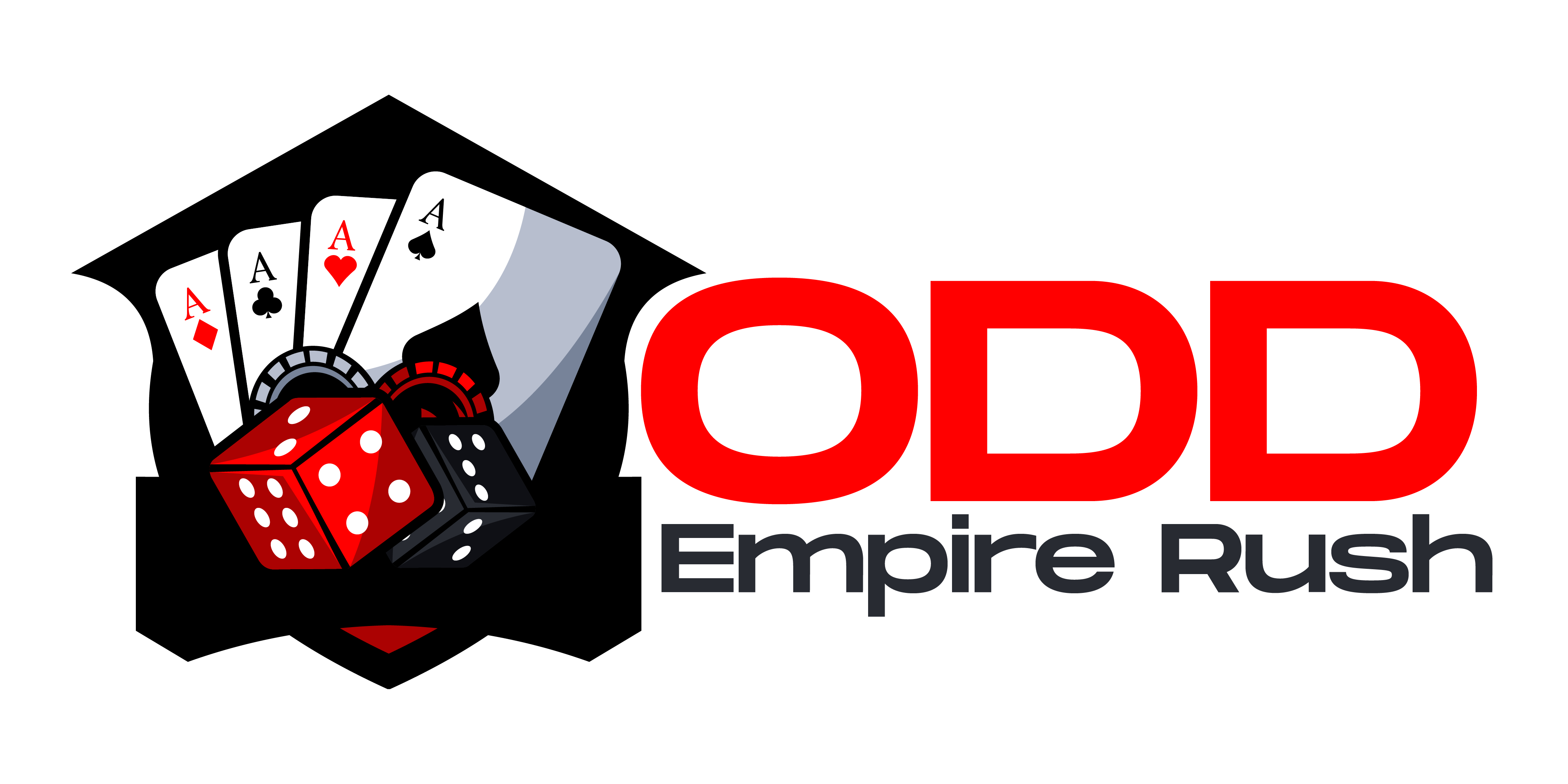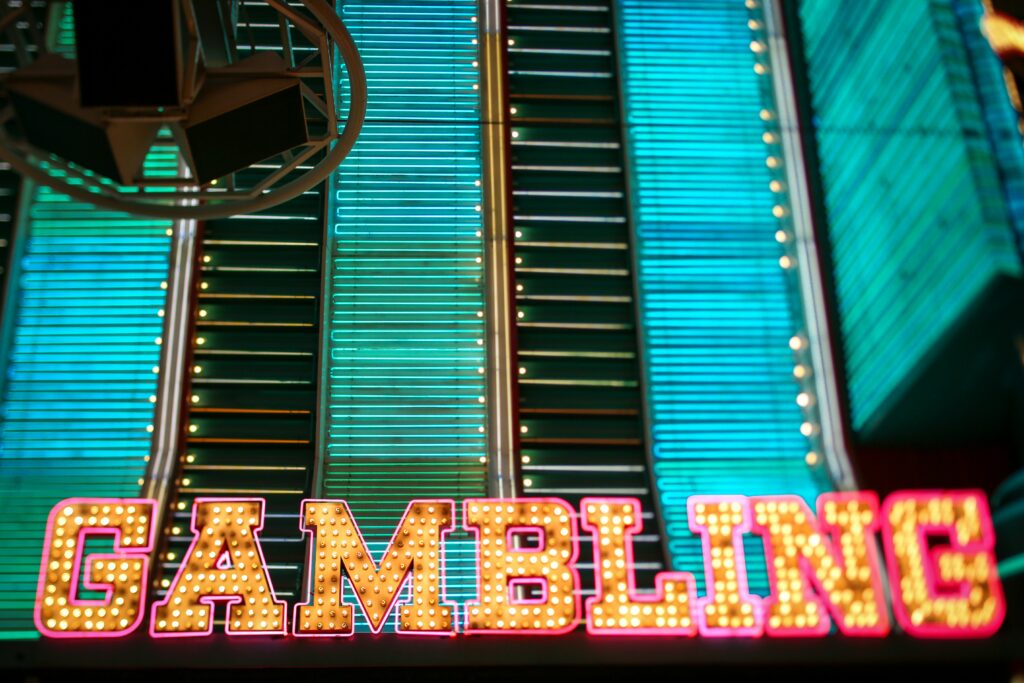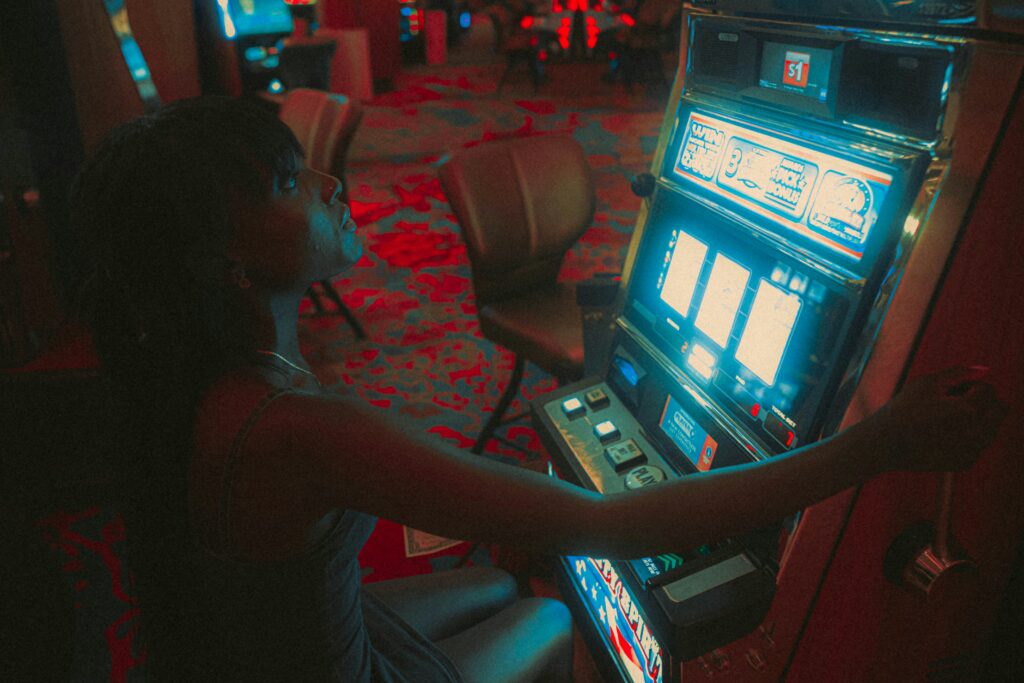Why Responsible Gambling Matters
Gambling can be entertaining—until it isn’t. The line between casual play and financial damage is thinner than most people think. One minute you’re having fun, the next you’re chasing losses you can’t afford. That shift usually happens quietly, not suddenly. And by the time it feels serious, it’s already a problem.
That’s where limits come in. Not as barriers, but as guardrails. Setting boundaries—on time, money, emotional investment—keeps things in check. It turns gambling from a potential crisis into a controlled experience. Think of it like going to the gym. You stop when you’re tired, not when you’re wrecked. Same principle.
Let the numbers do the rest of the talking. According to the National Council on Problem Gambling, about 2 million U.S. adults meet criteria for severe gambling problems, and another 4 to 6 million are considered at risk. That doesn’t just impact wallets—it affects mental health, relationships, and even employment.
Responsible gambling isn’t about missing out. It’s about staying in control. Because long-term, the real win is not losing more than you can afford—in money, time, or peace of mind.
Know Your Risk Profile
Gambling doesn’t pull everyone in the same way. For some, it’s entertainment with boundaries. For others, it’s a slippery slope. Before you place a single wager, take stock of who you are and how you tend to engage with risk.
Start with personality traits. If you lean impulsive, seek out adrenaline, or have a history of addiction (gambling or otherwise), you’re more likely to drift into dangerous territory without realizing it. Watch for habits like chasing losses, constantly increasing stakes, or justifying time or money spent. These aren’t just quirks—they’re early warning signs.
Environment matters too. Are you gambling to escape stress or anxiety? Does boredom often push you into apps or sites? That behavior pattern deserves a second look.
One of the smartest moves you can make is a risk audit. Set a simple checklist: Do I feel in control when I play? Do I know what I’ve spent this week? Can I stop without frustration? If you’re answering “no” to any of those, pause. Step back.
In the end, no strategy beats basic self-awareness. It’s not glamorous, but it’s the buffer between casual fun and things going sideways fast.
Set Financial Boundaries Before You Start
Gambling without a plan is how people get burned. The first rule? Decide exactly how much you’re willing to lose—then break that down into daily, weekly, and monthly budgets. This isn’t just smart. It’s survival. If you’re chasing real limits, your budget needs to be carved in stone before the first bet even lands.
Use cash or prepaid cards. Period. Credit opens the door to money you don’t actually have—and when emotion kicks in, that door swings wide fast. Cut it off at the source.
And don’t guess where your money’s going. Use budgeting tools and real-time tracking apps to stay honest. A couple worth checking out: Spent, BetBudget, and Gamban’s expense tracker. You want the facts, not false confidence.
Set the limit. Track every dollar. Walk away when the budget’s gone. Simple, not easy—but that’s the point.
Time Management Is Non-Negotiable
If money is the obvious risk, time is the quiet leak. Gambling platforms are engineered to keep you engaged. Fast rounds, bright animations, near wins—the whole setup taps into your brain’s dopamine triggers. Before you know it, fifteen minutes turns into two hours. That kind of time slippage isn’t harmless. It leads to fatigue, poor decisions, and bigger financial losses.
Setting clear start and stop times isn’t optional—it’s your baseline defense. Choose a window that fits your life, not your mood. Maybe it’s 30 minutes after dinner or one hour on weekends. Whatever it is, stick to it without compromise. Use an alarm if you must, and when the time’s up, walk.
And don’t skip the aftercare. A cool-down period between sessions resets your head. Step outside. Call a friend. Journal what you just experienced. If gambling is a high, cooling down keeps you from overextending for that next hit. Time boundaries do more than protect your clock—they protect your clarity.
Practical Tools and Self-Exclusion Options
Responsible gambling isn’t just about discipline—it’s also about using the tools already built into the platforms. Most online betting sites now offer customizable in-platform limits. You can set daily, weekly, or monthly spending caps. You can also add time reminders that pop up mid-session to tell you how long you’ve been playing. These aren’t just features—they’re buffers between impulse and action.
Then there’s the hard stop: timeout and self-ban settings. A timeout lets you voluntarily take a break—anywhere from 24 hours to a few weeks—without closing your account. A self-ban, or self-exclusion, is more serious. This locks you out for a defined period—sometimes permanently—and it can’t be reversed on a whim. If you feel control slipping, these features are there to help you hit pause before it’s too late.
For an extra layer, there are national and global self-exclusion registries. These systems sync up with licensed platforms and block access across multiple sites. Signing up is a sober but strong move—one meant for when you recognize the red flags and want structural support behind your choice to stop or scale back.
For more on recognizing those warning signs, check out Recognizing the Signs of Problem Gambling. Awareness is the first step. Tools are the rest.
Keep Perspective: Win-Loss Reality
Let’s be blunt: the house always has an edge. It’s not a slogan—it’s basic math. Whether it’s slots, blackjack, or sports betting, the odds are designed in favor of the operator. That doesn’t mean no one ever wins. It means that over time, if you play enough, the math catches up. Small losses stack until you’re deeper than you thought. Call it gravity with chips.
Now for when things go your way. You hit a good win? Great. But dumping it all back in, chasing that high again, is a trap. One big mistake players make is thinking their win streak means something shifted. It didn’t. Reinvesting everything turns a good day into just another start of a losing cycle. Smart gamblers pocket a portion, cool off, and stay clear-headed.
Losses are inevitable. The danger comes when emotion takes the wheel. Chasing losses—trying to quickly win it all back—just accelerates the spiral. The key move is to stop. Log off. Walk away. This isn’t about weakness—it’s about discipline. Treat each session like a business transaction, not a mood swing. That mindset is what keeps things fun, sustainable, and within your control.
Build a Support Network
If you’re gambling, don’t fly solo. Isolation makes it easy to spiral without anyone catching the red flags. Talking to someone—whether it’s a friend, a family member, or a peer—isn’t weakness. It’s protection. You don’t need to overshare every bet, but being open about your habits creates space for accountability.
That’s where accountability partners come in. These are people who have your back, not your wallet. They’re there to check in, ask the right questions, and make sure you’re playing within your own rules. Even just sending a screenshot of your weekly budget and sticking with it can help you stay grounded.
And if things feel off—if you’re hiding losses, chasing wins, or feeling out of control—it’s time to go a step further. Professional help isn’t just for people “with a problem”—it’s for anyone who wants to stay in control. There are therapists, support groups, and helplines built for this. You don’t have to be rock bottom to reach out. You just need to value staying in balance over staying in secret.
Final Thoughts: Make Limits Your Strategy
Limits aren’t about killing the fun—they’re how you protect it. They’re not rules from some authority figure. They’re your own strategy for staying sharp, in control, and in the game. Treating limits like handcuffs misses the point. They’re your seatbelt, not your cage.
The players who last—the ones who actually enjoy gambling as a form of entertainment, not a spiral—are the ones who know when enough is enough. They plan their exits. They set their caps. They understand that managing risk isn’t weakness; it’s endurance.
Walking away doesn’t mean you’ve lost. It means you saw the bigger picture and made a call. That ability—the gut check to leave the table at the right time—is one of the most overlooked skills in gambling. And it’s the one that’ll keep you coming back on your own terms.


 Irving Burnsenal is a contributing author at oddsempirerush.com. With a passion for sports analysis and data-driven writing, he provides readers with clear insights into betting strategies and industry trends.
Irving Burnsenal is a contributing author at oddsempirerush.com. With a passion for sports analysis and data-driven writing, he provides readers with clear insights into betting strategies and industry trends.

